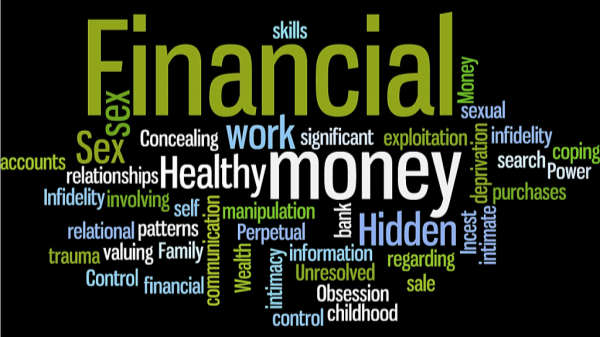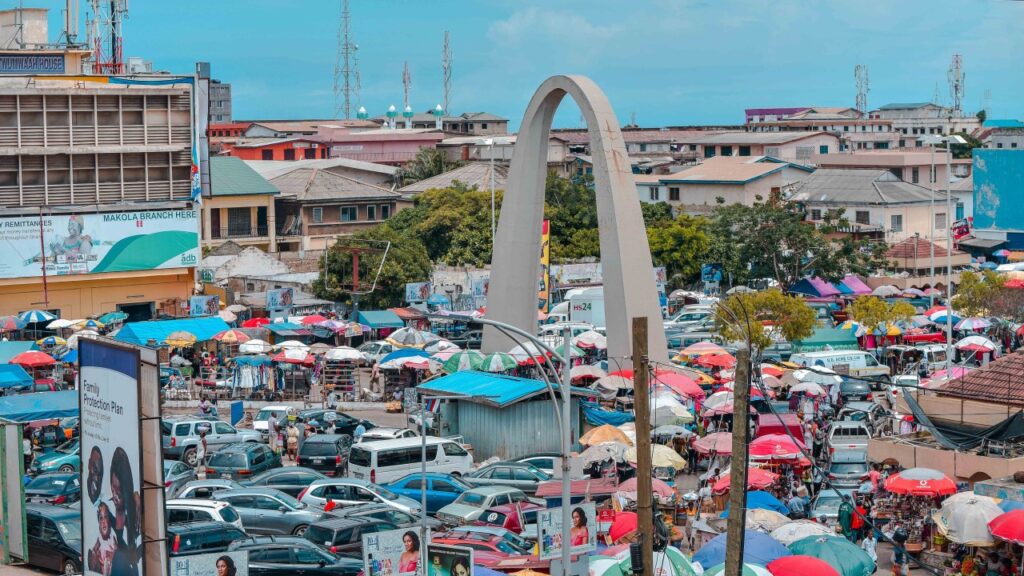
Bringing a child into the world is one of life’s most rewarding milestones — a mix of joy, sleepless nights, and a newfound sense of purpose. Yet, beyond the cuddles and cute baby clothes lies a reality every new parent in Ghana must face: raising a child is expensive.
From antenatal care and delivery costs to baby formula, vaccinations, and school fees, parenthood introduces a lifetime of financial commitments. For many Ghanaian parents, especially young couples navigating an economy of rising costs, careful financial planning isn’t just advisable — it’s essential.
Whether you’re expecting your first child or have just welcomed one, this comprehensive financial planning checklist will help you build a stable, stress-free foundation for your family’s future.
1. Redefine Your Family Budget — and Be Honest About It
The first financial step for new parents is to take a deep, honest look at your household budget. You can’t plan effectively if you don’t know where your money is going.
Start by writing down your income, fixed expenses (like rent, utilities, and transportation), and new baby-related costs. In Ghana, monthly baby essentials such as diapers, wipes, and formula can easily exceed GH₵500–GH₵1,000.
Create a “baby budget column” and categorize spending into:
- Essentials: feeding, diapers, healthcare, baby gear.
- Nice-to-haves: premium outfits, toys, accessories.
- Future goals: savings, education, insurance.
Revisiting your budget regularly ensures you stay in control as your baby grows and needs change.
2. Build a Strong Emergency Fund
Every parent knows that life can be unpredictable — a sudden illness, job loss, or car repair can throw your finances off balance.
Aim to build an emergency fund covering three to six months’ worth of living expenses. This cushion provides peace of mind and prevents you from dipping into savings or taking high-interest loans in a crisis.
If your salary is irregular, start small. Even setting aside GH₵200 or GH₵300 monthly in a separate mobile money wallet or savings account can make a huge difference over time.
3. Secure Comprehensive Health Insurance
Healthcare is one of the biggest costs for new parents. While the National Health Insurance Scheme (NHIS) is a good start, its coverage is limited. Consider complementing it with private health insurance that includes maternity, pediatric, and emergency care.
If you’re employed, find out if your company offers a family health plan. If not, compare policies from reputable private insurers in Ghana such as Enterprise Life, Hollard, or Allianz. The goal is simple — ensure that medical costs never catch you off guard.
May Interest YouMoney and Marriage: Why Financial Conversations Matter
4. Prepare Financially for Maternity and Paternity Leave
Many parents underestimate the financial impact of time off work. Depending on your employer, maternity or paternity leave may come with reduced or no income.
Plan ahead by saving a few months’ expenses before your baby arrives. This safety buffer will allow you to focus on bonding with your newborn instead of worrying about bills.
For self-employed parents, this planning is even more critical — consider automating savings or diversifying your income sources before the baby’s arrival.
5. Start an Education Fund — The Earlier, the Better
It’s no secret that education in Ghana is becoming increasingly expensive. From crèche to university, the financial burden can be heavy. Starting an education fund early is one of the smartest things you can do as a parent.
Options to explore include:
- Child education plans offered by local insurance companies.
- Mutual funds or unit trusts that grow your contributions over time.
- Treasury bills or fixed deposits for short- to medium-term savings.
Even small, consistent deposits — say GH₵100–GH₵200 monthly — can grow significantly over a decade. Think of it as investing in your child’s dreams.
6. Review Your Life Insurance Coverage
Life insurance might feel unnecessary when you’re young and healthy, but for parents, it’s a must. It ensures that your partner and child are financially secure if something happens to you.
Choose a policy that can replace your income and cover essential expenses like rent, school fees, and childcare. Many Ghanaian insurers offer affordable life policies starting as low as GH₵50 monthly.
Remember, life insurance isn’t about expecting the worst — it’s about protecting the ones you love most.
7. Write or Update Your Will
In Ghana, many people shy away from estate planning, seeing it as bad luck. But writing a will is an act of love and responsibility. It ensures that your assets — property, investments, or savings — are handled according to your wishes and that your child has legal protection.
A lawyer or trusted legal aid service can guide you through this process. Don’t wait until you “own more” — even modest assets are worth securing.
8. Manage and Reduce Debt
High-interest debt can limit your financial flexibility, especially when your expenses increase after having a child. Make it a priority to pay down credit cards, personal loans, or hire-purchase balances.
If you must borrow, look for low-interest or structured repayment options from reputable banks or credit unions. The goal is to free up income for baby-related and family expenses.
9. Explore Family-Friendly Investments
Beyond savings, consider simple investments that generate passive income. Ghana’s Treasury bills, mutual funds, and Susu investment accounts are great places to start.
Over time, these investments can help you build wealth for long-term family goals — buying a home, starting a business, or funding your child’s tertiary education. Consult a certified financial advisor before investing to understand the risks and benefits.
May Interest YouCash Flow is the Lifeline of Your Business – Are You Managing It Strategically?
10. Budget for Childcare Support and Family Help
In Ghana, many parents rely on extended family members for childcare. But for working parents in cities like Accra, Kumasi, or Takoradi, professional help may be necessary.
Research and budget for options such as:
- Daycare centres or crèches (average GH₵400–GH₵800 per month).
- Nannies or babysitters, especially if you have flexible or long working hours.
Having reliable childcare ensures peace of mind and allows both parents to maintain career balance.
11. Save for Big Family Goals
Beyond immediate baby costs, think long-term. Do you plan to buy land, build a home, or upgrade your car? Setting separate savings goals for these helps you stay intentional and avoid dipping into emergency or education funds.
Apps like Fido, Zeepay, or Ecobank Save & Grow can help automate savings toward these targets.
12. Teach Financial Discipline Early
It might sound premature, but children learn by observation. As your child grows, model good financial habits — budgeting, saving, and generosity. Involving them in small money decisions lays a foundation for financial literacy and responsibility.
Final Thoughts
Becoming a parent is a beautiful journey — one filled with laughter, learning, and love. But it also introduces financial responsibilities that require foresight and discipline. With a clear plan, you can provide not just comfort and care for your child, but also the financial stability every family deserves.
At Bizexcel Partners, we’re passionate about helping families make informed, practical financial decisions. Remember, it’s not about how much you earn, but how well you plan and prioritize.
Start today — because every cedi you save and every plan you make now is a gift to your child’s future.


